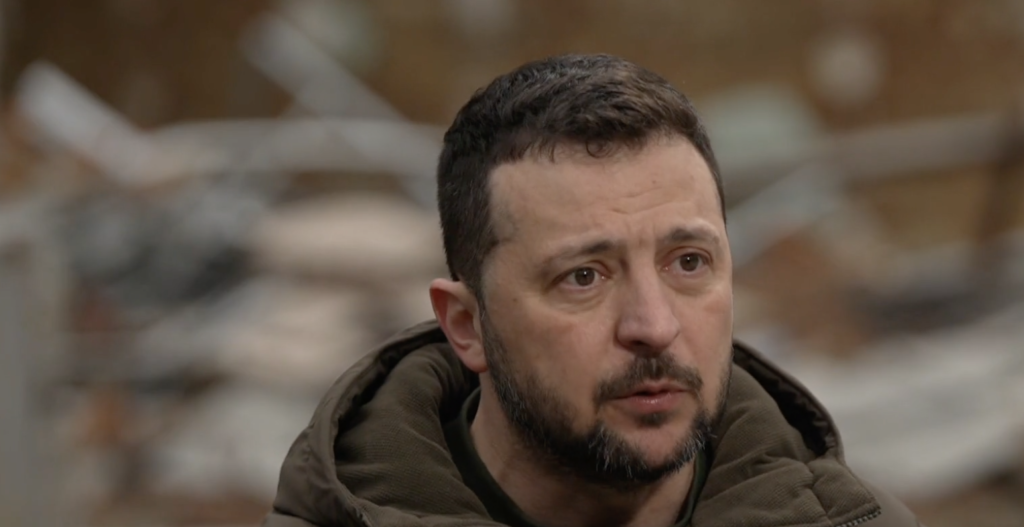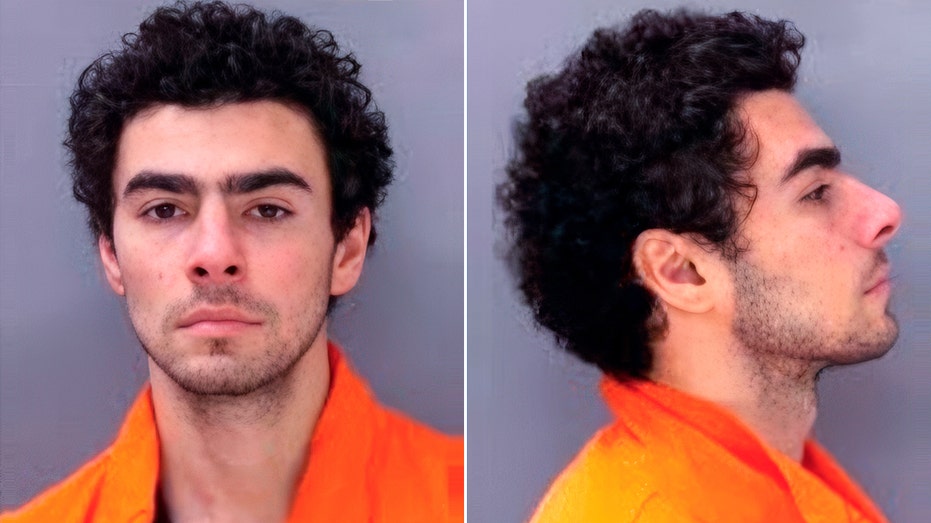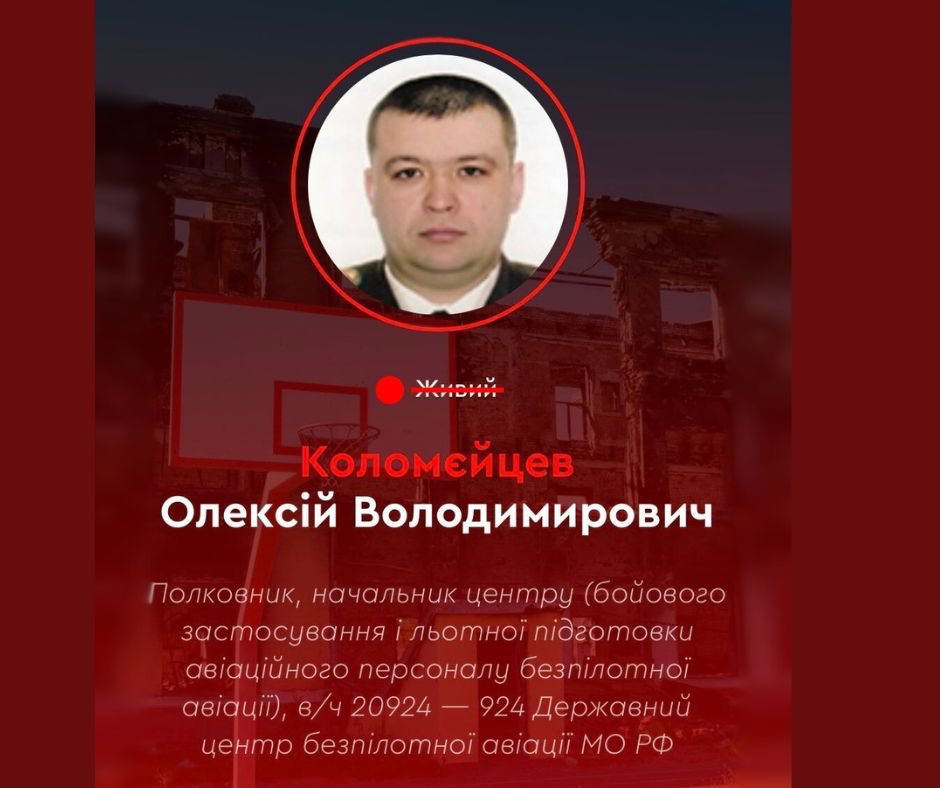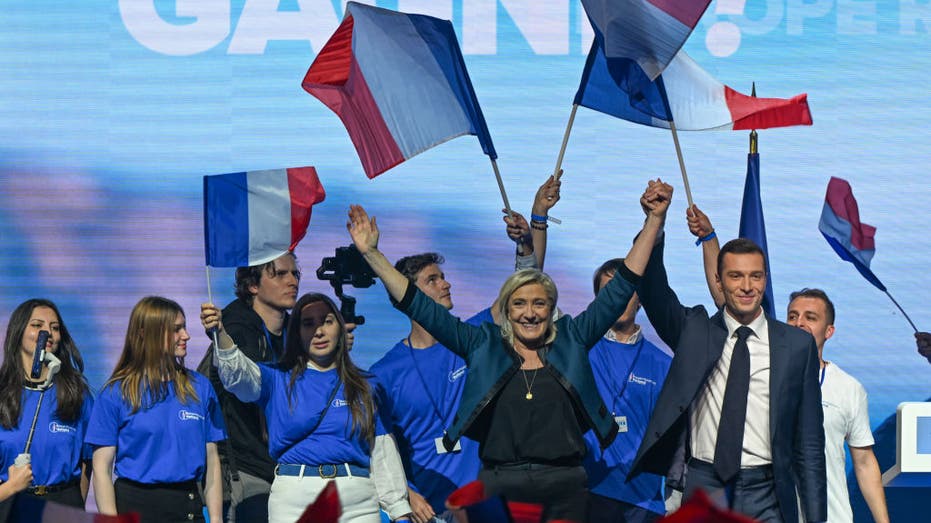Zelenskyy dismisses “Olympic truce” idea, says conflicts with Russia cannot be frozen
Zelenskyy rejects French President Macron’s proposal for an Olympic truce in Ukraine, emphasizing Russia's repeated violations of past ceasefire agreements and the ineffectiveness of international negotiations, including the Normandy Format.


Several days ago, French President Emmanuel Macron proposed a ceasefire in Ukraine, Israel, and Sudan during the Paris Olympics, expressing hope for China’s support in this matter. Ukrainian President Volodymyr Zelenskyy rejected this suggestion, stating that no conflict with Russia can be frozen.
In an interview with Hugo Décrypte, President Volodymyr Zelenskyy stated that Macron realizes that Russian dictator Vladimir Putin will not honor any truce, including during the Olympics. Zelenskyy also reiterated his general disbelief in the effectiveness of any truce with Russia.
Asked if he favors Macron’s idea of a truce during the upcoming Paris Olympics, the Ukrainian President said:
“I don’t believe in that when it comes to Russia. It’s not that I don’t believe in this truce, I do not believe in any kind of truce with the Russian Federation. This is a lie, Emmanuel knows it,” Zelenskyy said.
Ukraine’s President noted that Macron had witnessed Russia’s lie regarding ceasefires as he and Zelenskyy both participated in the Normandy Format meetings.
The Normandy Format was a negotiation framework involving Germany, Russia, Ukraine, and France, aimed at resolving the war in Donbas and the wider Russo-Ukrainian war. The four countries initially met informally in 2014 during the 70th anniversary of D-Day in Normandy, France. The talks facilitated the discussions that culminated in the Minsk deals, which were allegedly designed to resolve the ongoing war in Donbas and establish a ceasefire.
Over the years preceding the all-out war, Russia repeatedly violated the ceasefire while not only accusing Ukraine of violations but also denying Russia’s involvement in the war. The last meeting of the Normandy Format occurred in February 2022, about two weeks before Russia’s full-scale invasion of Ukraine.
In the interview, Zelenskyy noted that having gone through the Minisk process, France, Germany, and Ukraine “are living witnesses that a frozen conflict with Russia cannot exist. It would allow Russia to regroup, and gain more forces to later destroy us. We have been through it.”
“When we signed the agreement in the Normandy format, agreeing to a ceasefire, the moment the doors shut at the Elysée Palace, people were still shooting at our soldiers on the frontlines,” the Ukrainian President noted.
In the interview, Zelenskyy pointed out that Russian snipers, trained and organized into groups of 20-30 professionals, breached the ceasefire by targeting and killing Ukrainian soldiers daily for several months. He emphasized that this amounted to a “hunt,” which was confirmed by military intelligence.
“So for Putin, there can be no truce, and the Olympics have no authority for him,” Zelenskyy concluded.
Macron’s “Olympic truce”
On 15 April, French President Emmanuel Macron announced that Russia would be requested to observe a ceasefire in Ukraine during the Paris Olympics, citing the longstanding tradition of an “Olympic truce” to suspend armed conflicts.
But on the next day, Russia rejected the idea, claiming Ukraine would violate the ceasefire. Asked about a truce, Kremlin spokesman Dmitry Peskov claimed that Russian leader Vladimir Putin and his military believe Kyiv often uses such initiatives to regroup and rearm. Peskov did not dismiss the possibility of an Olympic truce but mentioned that no official steps had been taken yet.
Read also:
- Reuters: Macron to ask for help from Beijing in establishing truce between Ukraine and Russia during Olympics 2024
- Idea of deploying troops to Ukraine caused a row between Macron and Scholz
- Macron: believing Russia will stop at Donbas, Crimea is a mistake
- No progress in Normandy talks around Russia-Ukraine conflict in Donbas (2022)
- Zelenskyy’s first Normandy and the illusion of progress (2019)
You could close this page. Or you could join our community and help us produce more materials like this.
We keep our reporting open and accessible to everyone because we believe in the power of free information. This is why our small, cost-effective team depends on the support of readers like you to bring deliver timely news, quality analysis, and on-the-ground reports about Russia's war against Ukraine and Ukraine's struggle to build a democratic society.
A little bit goes a long way: for as little as the cost of one cup of coffee a month, you can help build bridges between Ukraine and the rest of the world, plus become a co-creator and vote for topics we should cover next. Become a patron or see other ways to support.



